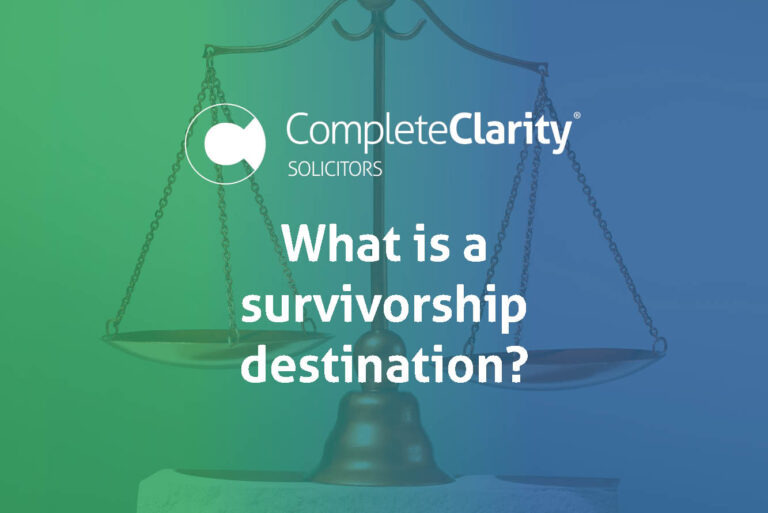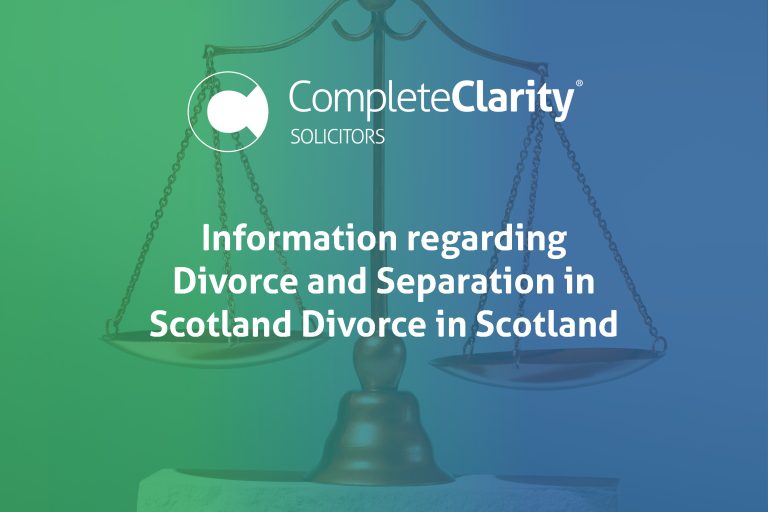Trauma is real, but let’s tackle Adverse Childhood Experiences earlier – Courts are right to take trauma into consideration, but perhaps the best time to deal with it is in childhood.
For some time now, sentencing guidelines in Scotland have recommended that courts take Adverse Childhood Experiences (ACEs) into account when dispensing justice, with the laudable aim of trying to sever the link between trauma and offending.
I say laudable, because trauma is much more common than is popularly assumed, both in childhood and in adult life, and it can have the most negative consequences for sufferers and people around them if unsupported.
ACEs, which fall broadly into seven categories – physical abuse, domestic violence, substance abuse, mental illness, parental separation, parental incarceration and emotional neglect – can have a lasting and detrimental effect on people’s lives.
Two-thirds of Scottish children will have experienced one or more ACE-related factors
The scale of the problem was laid bare in a study quoted in the 2019 Scottish Health Survey, which suggested that, by eight years of age, two-thirds of Scottish children will have experienced one or more ACE-related factors and one in ten will have experienced three or more.
This, I feel, is fairly shocking, and lends weight to the Scottish Sentencing Council’s argument that brain development, and how it can be affected by trauma or ACEs, merits a more individual approach to cases and a focus on reducing re-offending.
But, while dealing sympathetically with identifiable ACEs in adulthood is sensible and reasonable, it is hard not to feel that there is an element of shutting the stable door when the horse has bolted in the way the current criminal justice system is playing out.
Understanding the Pervasive Impact of ACEs on Scottish Children and Adults
The inescapable fact is that, by the time most offenders are appearing in front of a sheriff, the adverse childhood experiences have already happened to them and will almost certainly have shaped their subsequent behaviour.
If they are before a court, they will have committed crimes themselves; they may have become mired in substance abuse or problematic drinking; and they may well have separated or divorced from their own partners, thus perpetuating the cycle for any offspring.
What could, perhaps, be fruitfully addressed now is whether the issue of ACEs might be dealt with at a much earlier stage, particularly in the civil court system, where separation and divorce and mental health issues are by far the most prominent ACEs, and are intrinsically linked with family law.
At the moment in Scotland, court actions involving children remain unnecessarily adversarial and, while it is rare for a child to be an active participant, parents take the action home with them and process their feelings in the same space as the children.
The system as it stands pits one parent against the other, makes it very difficult for parents to have any meaningful co-parenting relationship after the court orders are granted and is also incredibly expensive, stressful, and time consuming.
Mandatory Mediation and a Multi-Disciplinary Approach to ACEs in Scotland
England and Wales are currently pioneering the introduction of mandatory mediation, meaning that a serious effort at resolution has to be made before a civil case can come anywhere near a court, and this is now a hot topic in Scotland.
It might go a long way to alleviating ACEs if this was allied to a multi-disciplinary approach in civil cases involving children, bringing in not only solicitors, but mediators, clinical psychologists, mental health practitioners and family therapists.
Legal professionals could continue to explain to parties involved how the law impinges on their actions; mediators could try to steer their middle path; and other experts could take the interests of the child into consideration and try to minimise the impact on their current and future lives.
ACEs Prevention for a Brighter Future: A Scottish Initiative Worth Exploring
The concept of ACEs came from the US, where studies proved pretty conclusively that children subjected to them are disproportionately more likely to end up in the criminal justice system, for actions which simply cascade ACEs down the generations.
Alleviating the impact of ACEs at an earlier stage could not only bring relief to under-pressure civil courts, but could have a positive, longer-term effect on abuse, neglect, community violence, mental health and homelessness.
It’s worth a try.






